Many summer products are weather sensitive, including tomatoes, for which the demand was not particularly strong in May. "The last few weeks have been difficult, with rather average prices, but we have still managed to sell our products," explains Christophe Rousse, president of the Solarenn cooperative. "In the end, our results are equivalent or just slightly lower than last year's. But the cooperative expects the situation to change with the arrival of nicer weather. "We really hope that the weather will boost prices for the long term, as we are expecting large volumes."
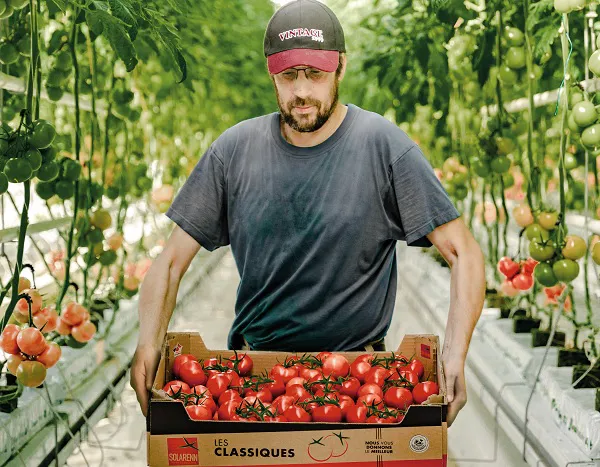
Strong competition from Morocco on the small fruit market
In addition to the bad weather, the marketing of certain tomato references has been difficult due to stiff foreign competition. "The situation is very complicated for small fruits, as we are still faced with a massive import of Moroccan products, sold at 0.99 euros [1.06 USD] per tray. It is usually just one reference but in very large volumes. It is a product available all year round, with very similar marketing to that of the French trays, which misleads consumers into thinking that they are buying tomatoes from France when they, in fact, come from Morocco. According to a recent study, only 30% of consumers know that the tomatoes are actually from Morocco, which proves that many of them are being duped. French producers obviously find this deeply irritating, especially since all the retail chains claim to be committed to local production. They may have a small import department, but it amounts to huge volumes in the end."
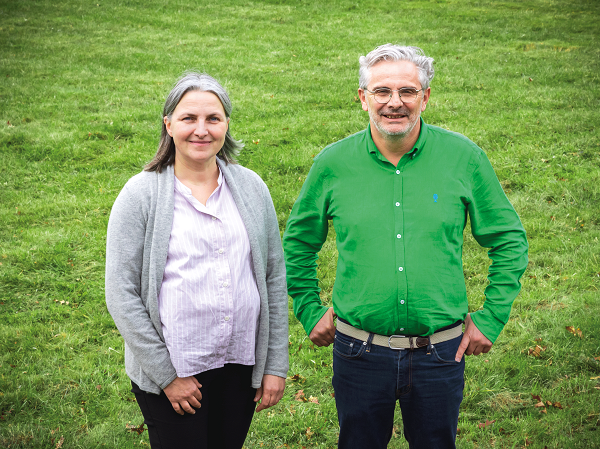 Isabelle Georges and Christophe Rousse
Isabelle Georges and Christophe Rousse
Unfair margins?
Besides this strong competition for small fruits, Christophe Rousse and Isabelle Georges, managing directors of Solarenn, also deplore the wide gap between prices paid to producers and those displayed in the stores. "For all products of the range at the start of the season, producer prices are a little lower than last year, despite the increase in production costs, while prices in the stores are higher in spite of the sluggish demand. For example, prices on the shelves for heirloom tomatoes were sometimes two to three times higher than those paid to the producers. These excessive margins contributed to slowing down consumption, already affected by the poor weather in April. If the margins had been more reasonable, we could have had a better start to the season."
Structured and ambitious CSR approach
For its 75th anniversary, Solarenn wanted to reaffirm its commitment to a holistic and ambitious CSR approach. The company has already been seeking to minimize its environmental impact for the last 25 years. "These are commitments that have always been close to our hearts, and we are constantly evolving on issues such as water recycling in the greenhouses and at the station, as well as the substitution of plastic, in anticipation of the AGEC law," explains Isabelle Georges.
"We took advantage of our anniversary to present our charter, built around 8 fundamental axes: local, environmental, close, human, sustainable, shared, ethical and perennial. Concretely, this implies managing and acting responsibly, placing men and women at the heart of our business model by respecting parity as much as possible, combining proximity and dialogue for a sincere and shared commitment with our 30 producers and 45 employees, continuing our environmental transition, being responsible towards our ecosystems (stakeholders and employees alike), acting in the interests of both clients and consumers, acting for local development, and placing quality, innovation, and know-how at the heart of our organization."
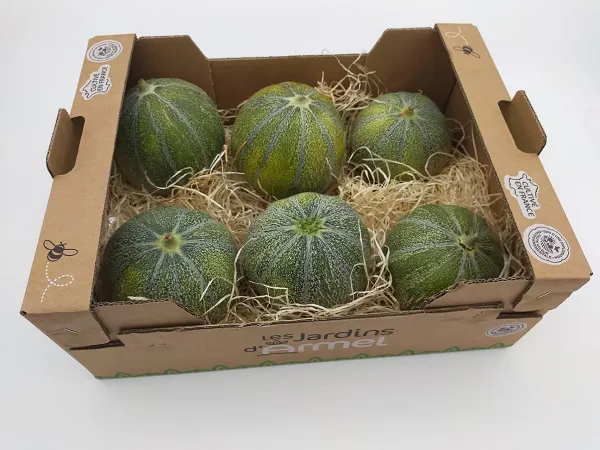
Diversification with new, less energy-intensive products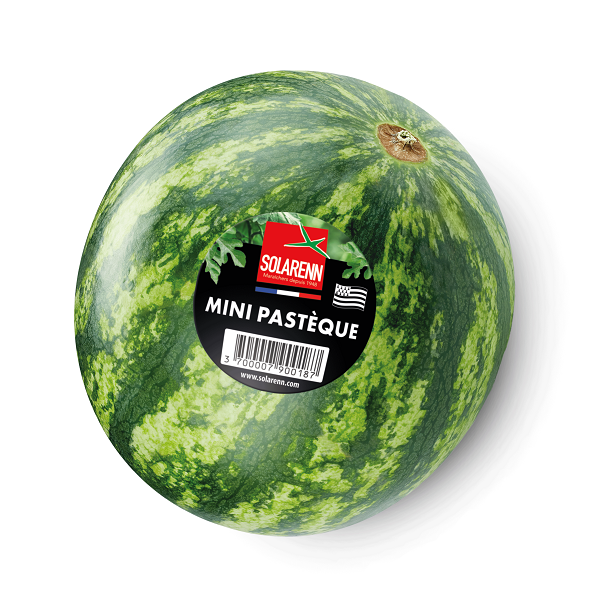 Innovation is an interesting lever for the cooperative, which wants to help its producers who are still equipped with old and, therefore, energy-intensive structures. "Faced with the explosion in energy costs over the last two years, we are working on energy-management solutions for our producers who are affected by the lack of efficiency of their greenhouses. We try to cultivate new products. Two of our producers in Ille-et-Vilaine grow Petit Gris de Rennes melons and will now carry out trials on mini watermelons, an ideal format for family consumption. Until now, the Petit Gris melons were grown on a small scale, but this year, we are going to try and grow them on a larger scale. This is our summer novelty. Although a niche product, it will enable us to diversify if the trials are successful."
Innovation is an interesting lever for the cooperative, which wants to help its producers who are still equipped with old and, therefore, energy-intensive structures. "Faced with the explosion in energy costs over the last two years, we are working on energy-management solutions for our producers who are affected by the lack of efficiency of their greenhouses. We try to cultivate new products. Two of our producers in Ille-et-Vilaine grow Petit Gris de Rennes melons and will now carry out trials on mini watermelons, an ideal format for family consumption. Until now, the Petit Gris melons were grown on a small scale, but this year, we are going to try and grow them on a larger scale. This is our summer novelty. Although a niche product, it will enable us to diversify if the trials are successful."
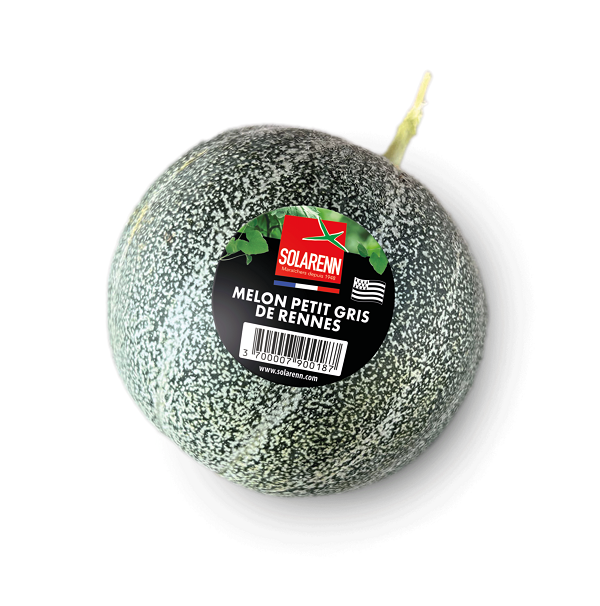
For more information:
Nathalie Jouan
Solarenn
[email protected]
Elisabeth Calle
[email protected]










